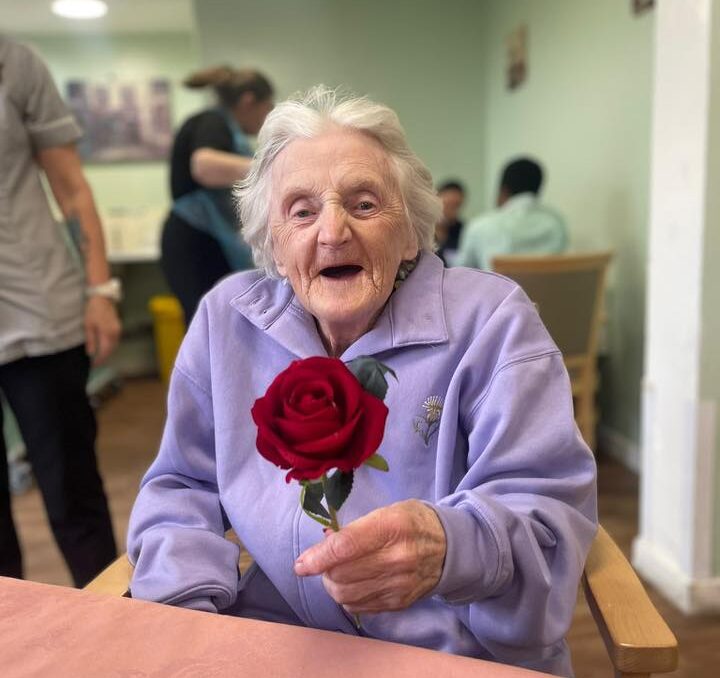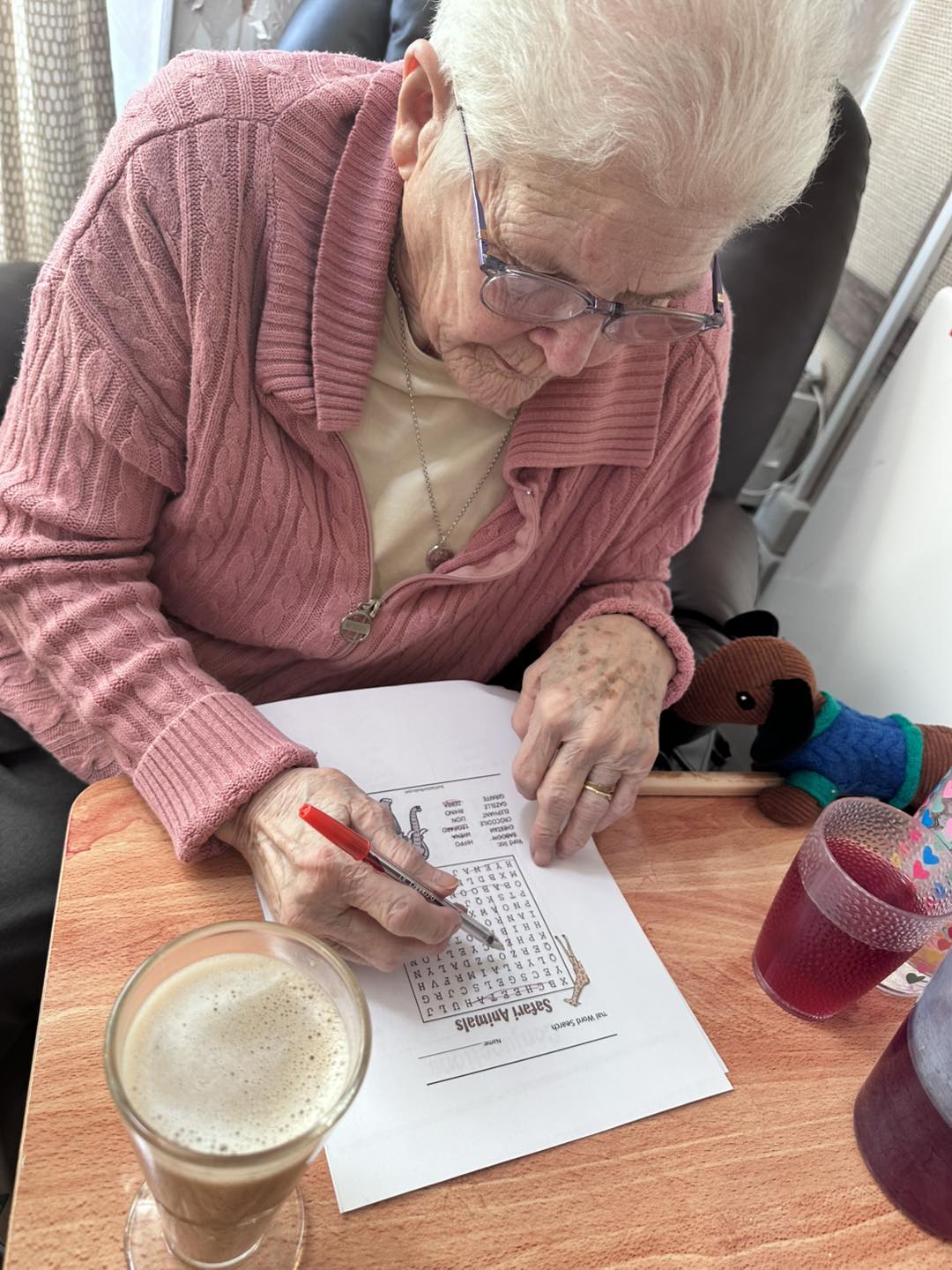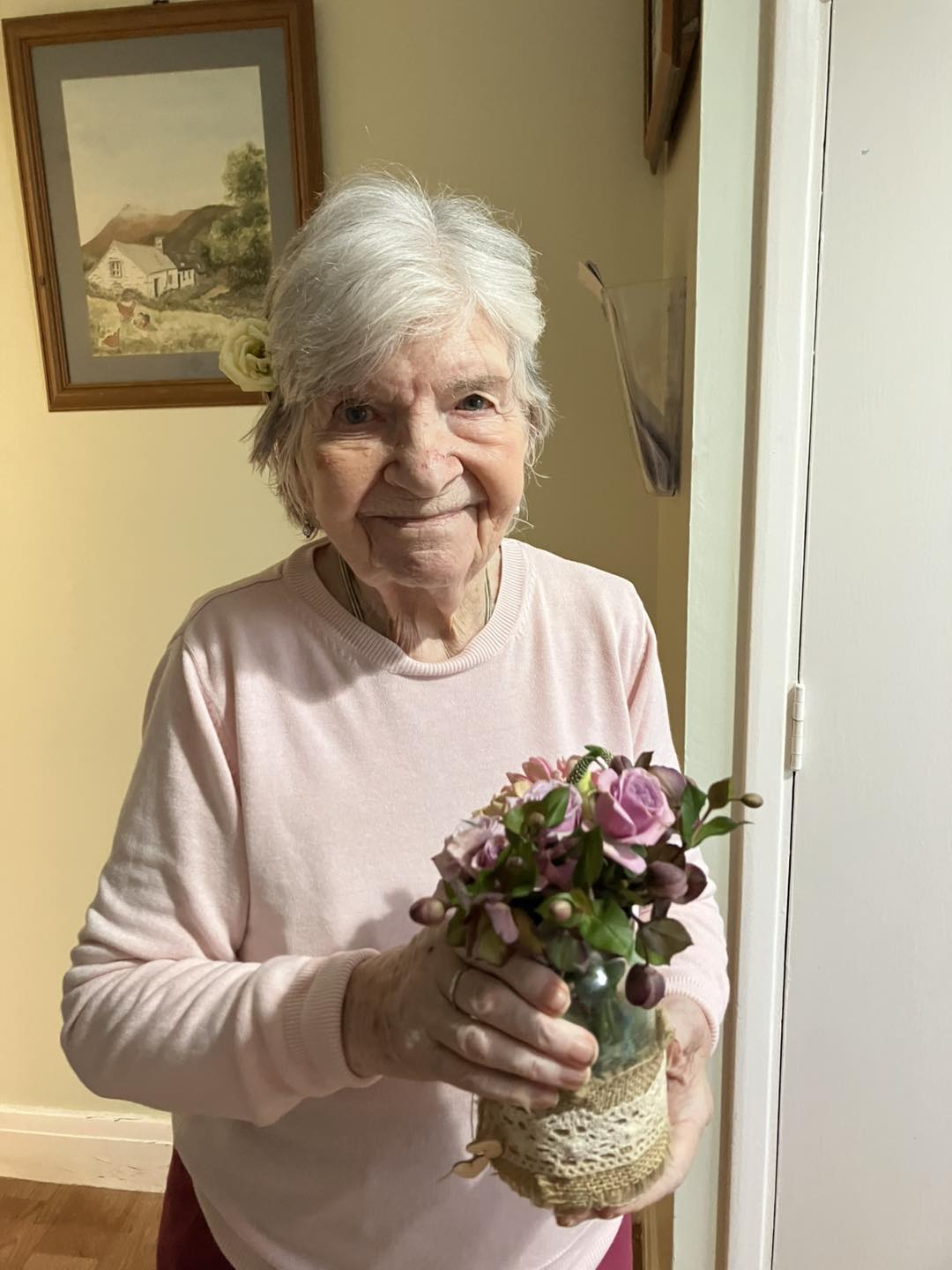Are you concerned that your loved one may not receive the personalized care they need in a healthcare facility? It’s a valid worry, as many institutions struggle to provide individualized attention amidst the demands of a busy environment. However, there is a solution: person-centred care.
This approach puts the resident at the centre of their care plan, tailoring services to meet their unique needs and preferences. By adopting this approach, healthcare facilities can ensure that each resident receives the attention and support they deserve.
Person-centred care recognizes the importance of treating each resident as an individual with specific needs, desires, and goals. Gone are the days of one-size-fits-all approaches; instead, caregivers strive to build strong relationships with residents based on trust and understanding.
Through active listening and involvement in decision-making processes, caregivers can gain valuable insights into what truly matters to each resident. This collaborative approach empowers residents to have control over their own lives while also ensuring that their physical, emotional, and social well-being is taken into account.
By honouring choices and autonomy, person-centred care enhances not only residents’ quality of life but also their overall satisfaction with the care they receive. When individuals feel heard and respected in decision-making processes regarding their health and daily routines, it fosters a sense of empowerment and dignity.
Furthermore, this tailored approach has been shown to improve outcomes such as reduced hospitalizations, better medication management, increased engagement in activities, and enhanced overall well-being for residents. With person-centred care at its core, healthcare facilities can create an environment where every resident feels valued and supported in achieving their best possible life quality.
The Importance of Individualized Care
You’ll quickly realize the importance of individualized care when you see how it improves the overall well-being and satisfaction of each resident.
When residents receive care that is tailored specifically to their needs, preferences, and goals, they feel heard and valued. This personalized approach not only addresses their physical health concerns but also considers their emotional, social, and spiritual well-being.
By taking into account factors such as cultural background, personal history, and lifestyle choices, caregivers can provide a more holistic and meaningful experience for residents. This results in higher levels of engagement, increased self-esteem, and a greater sense of control over their own lives.
As you build strong relationships with residents through individualized care, trust is established. The foundation of trust allows for open communication between caregivers and residents. It enables caregivers to better understand the unique needs of each resident and make informed decisions about their care plans.
By actively involving residents in decision-making processes regarding their own care, they become partners in their own wellness journey. This collaborative approach fosters a sense of empowerment among residents as they take ownership of their health outcomes.
Transitioning into the subsequent section about ‘building strong relationships with residents’, this person-centred approach will further enhance the quality of care provided at every step along the way.
Building Strong Relationships with Residents
Contrary to popular belief, establishing robust connections with residents can greatly enhance the overall quality of care provided. By building strong relationships, caregivers are able to gain a deeper understanding of each resident’s unique needs and preferences. This allows them to tailor their services accordingly, ensuring that each individual receives the personalized care they require.
Furthermore, a strong relationship between caregivers and residents fosters trust and mutual respect, creating an environment where residents feel comfortable expressing their concerns and needs. This open line of communication enables caregivers to address any issues promptly and effectively, further enhancing the quality of care.
Additionally, building strong relationships with residents promotes emotional well-being and improves their overall experience in long-term care facilities. When residents feel valued and heard by their caregivers, it positively impacts their mental health and sense of belonging within the community. It also helps alleviate feelings of loneliness or isolation that can often accompany living in a facility away from family or familiar surroundings. By nurturing these connections, caregivers play a crucial role in supporting the emotional well-being of residents.
Transitioning into the subsequent section about ‘active listening and involvement in decision-making’, it’s essential for caregivers to not only establish strong relationships but also actively engage with residents through active listening techniques.
Active Listening and Involvement in Decision-Making
Engage with residents by actively listening to their thoughts and involving them in decision-making processes, creating a collaborative and inclusive environment. By actively listening to residents, you can demonstrate a genuine interest in their opinions, concerns, and preferences. This not only helps you understand their needs better but also makes them feel valued and respected.
Actively involving residents in decision-making processes allows them to have a say in matters that directly affect their lives, promoting autonomy and independence. Encouraging their input and considering their perspectives fosters a sense of ownership over decisions, leading to more personalized care plans that align with their unique preferences and goals.
Transitioning into the subsequent section about ‘honouring choices and autonomy,’ it is important to recognize that by actively listening and involving residents in decision-making, you are laying the foundation for honouring their choices and promoting autonomy. When residents feel heard and empowered, they are more likely to express their desires regarding various aspects of their care.
The next step is ensuring that these choices are honoured whenever possible while balancing safety considerations. By recognizing the importance of active listening and involvement in decision-making processes, we can create an environment where resident preferences guide the provision of person-centred care.
Honouring Choices and Autonomy
Honouring choices and autonomy are essential in creating an environment that respects residents’ preferences and promotes their independence, ultimately leading to higher resident satisfaction and improved overall well-being.
One interesting statistic to consider is that studies have shown that when residents have the ability to make choices about their daily routines, they experience a greater sense of control, which can lead to reduced anxiety and increased feelings of empowerment. By honouring residents’ choices, we are acknowledging their individuality and allowing them to maintain a sense of identity. This can greatly impact their emotional well-being as they feel valued and respected.
Allowing residents to make decisions about their own care also fosters trust between staff members and residents. When individuals feel involved in the decision-making process, they’re more likely to trust the recommendations made by healthcare professionals. This partnership approach not only improves communication but also enhances the quality of care provided. By recognizing and respecting each resident’s autonomy, we’re able to tailor our services specifically to meet their unique needs and preferences.
Transition into the subsequent section: Improving well-being and satisfaction with person-centred care requires a holistic approach that considers all aspects of an individual’s life.
Improving Well-Being and Satisfaction with Person-Centered Care
To truly enhance your well-being and satisfaction, it’s important to take a holistic approach that considers every aspect of your life. Person-centred care focuses on tailoring services to meet your individual needs, aiming to improve your overall quality of life.
By taking into account your preferences, interests, and values, person-centred care ensures that you receive the support and resources necessary for you to thrive.
Through person-centred care, the focus is on actively involving you in decisions regarding your care plan. This approach recognizes that you are an expert in your own life and respects your autonomy. By actively participating in the decision-making process, you have greater control over the services and supports provided to you. This not only enhances your sense of self-determination but also promotes a higher level of satisfaction with the care you receive.
Person-centred care also emphasizes building meaningful relationships between caregivers and residents. This relationship-based approach fosters trust, communication, and mutual respect. Caregivers work collaboratively with you to identify areas where improvements can be made in order to enhance your well-being. By addressing any concerns or issues promptly and effectively, person-centred care strives to create an environment where you feel heard and valued.
Overall, person-centred care aims to improve both your well-being and satisfaction by considering all aspects of your life. It empowers you as an active participant in decision-making processes while fostering strong relationships with caregivers who prioritize meeting your individual needs. By embracing this approach, facilities can create an environment that promotes enhanced quality of life for each resident they serve.
Frequently Asked Questions
How can person-centred care improve the quality of life for residents in long-term care facilities?
Person-centred care can improve the quality of life for residents in long-term care facilities. Did you know that a study found that implementing person-centred care reduced antipsychotic medication use by 33%? It enhances autonomy, dignity, and overall well-being.
What are some strategies for effectively building strong relationships with residents in a person-centred care approach?
To effectively build strong relationships with residents in person-centred care, actively listen to their needs and preferences, engage in meaningful conversation, show empathy and respect, involve them in decision-making, and provide personalized care that meets their individual needs.
How can active listening and involvement in decision-making contribute to the overall well-being of residents?
Active listening and involvement in decision-making can greatly enhance residents’ well-being. By truly hearing their concerns and involving them in important decisions, you empower them to feel valued, respected, and in control of their own lives.
What are some examples of honouring choices and autonomy in a person-centred care model?
To honour choices and autonomy in person-centred care, you can offer options for activities, meals, and daily routines. Encourage residents to make decisions about their own care and respect their preferences.
How can person-centred care improve resident satisfaction and reduce feelings of loneliness or isolation?
Person-centred care improves resident satisfaction and reduces feelings of loneliness or isolation by focusing on the individual’s needs, preferences, and choices. This approach promotes a sense of empowerment, connection, and overall well-being for residents.
Conclusion
In conclusion, person-centred care is essential for meeting the individual needs of residents. By tailoring services to each person’s unique requirements, you can ensure that they receive the best possible care and support. Building strong relationships with residents is crucial in creating a comfortable and trusting environment.
Active listening and involvement in decision-making are key components of person-centred care. By actively engaging with residents and valuing their input, you can empower them to be active participants in their own care journey. This approach not only improves the overall well-being and satisfaction of residents but also fosters a sense of autonomy and control.
Person-centred care is like a delicate dance between caregiver and resident, where each step is carefully choreographed to meet individual needs. Just as a skilled dancer gracefully moves across the stage, caregivers must adapt their approach to match the rhythm of each resident’s life. By honouring choices and providing personalized care, you create an environment that celebrates the uniqueness of every individual.
In summary, person-centred care recognizes the importance of tailoring services to meet individual resident needs. It emphasizes building strong relationships, active listening, involving residents in decision-making, honouring choices, and improving well-being. Through this approach, caregivers can provide exceptional care that not only meets physical needs but also enhances the quality of life for those they serve.




